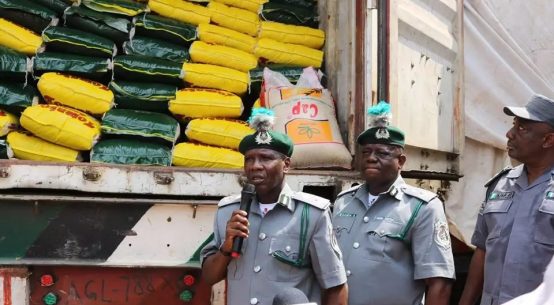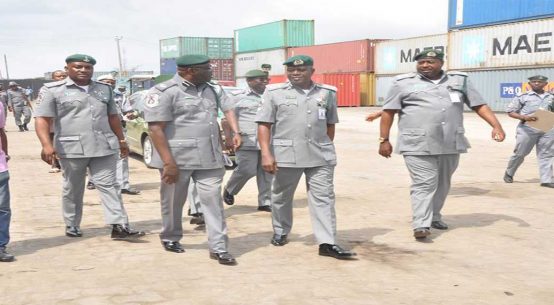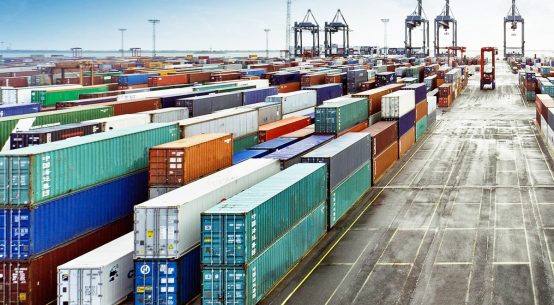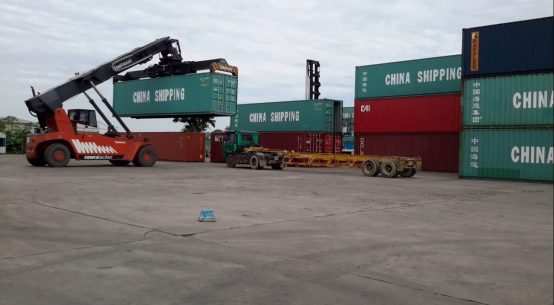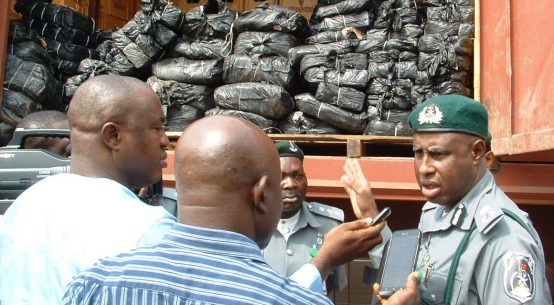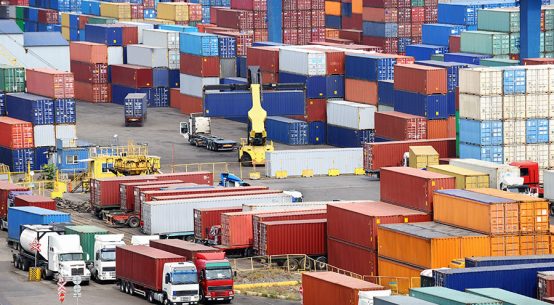

The Nigeria Customs Service (NCS) yesterday insisted that advanced cargo manifest must be submitted within seven days before the arrival of the vessel to the nation’s seaports.
NCS also directed that import and export documents be reduced from 14 to eight while that of export has been reduced from 10 to seven.
Speaking at a one-day town hall meeting in Lagos, organised by Association of Maritime Journalists of Nigeria (AMJON), Comptroller General of NCS, Colonel Hameed Ali (retd), stated that the advance cargo manifest would enable risk management profile and separation on time before the arrival of ships.
“In order to achieve greater service delivery at the ports, there was the need to streamline the current import and export guidelines procedures,” Ali said, noting that to achieve greater service delivery at the ports, the Department of Home Finance of the Federal Ministry of Finance revised Nigeria’s import and export guidelines, streamlining the current procedures.
The new guidelines, according to the Customs boss, would focus on some of the issues causing inefficiency and delay at the ports.
Ali, who was represented by the Customs Area Controller, Ports and Terminal Multi-services Limited (PTML) Command of the service, Comptroller Modupeola Adeyanju Aremu, explained that some of the new guidelines would impact directly on the operations of officers and men at the ports.
On the actualisation of 24 -hour ports operation, the Customs boss maintained that the service is positioned to implement the executive order, saying the impediment to the attainment remains the integrity and compliance of the trading public in ensuring proper documentation and honest declaration.
The Customs top brass noted that the service remains the lead agency in cargo examination at the ports, adding that under the new guidelines, cargo placement notice time for examination required by terminal operators would be reduced from the proposed 24 hours to a maximum 12 hours.
The ex-army chief emphasised that revised guideline requires the shipping lines to electronically transit advanced manifest to their consignments to the Customs and Nigerian Ports Authority (NPA) as soon as the vessel departs its last port of call, pointing out that such practices would promote risk management, profiling and cargo placement for examination.
“In line with World Bank recommendation, the Federal Ministry of Finance has directed that the import document be reduced from 14 to eight and export is from 10 to seven.
“The NCS now has the responsibility to co-ordinate the mandatory joint examination and sign off to ensure that the interface between the trading public and the several regulatory agencies are reduced to the barest minimum.
“The NCS joined other Ministries, Departments and Agencies (MDAs) in making commitment towards the transformation of the business landscape in Nigeria as we focus on improving Nigeria’s ranking in which we stood at 182 in trade across border, particularly in the reduction of import and export time by up to 50 per cent through strict adherence to international standard and practice. There is no doubt that the NCS has a pivotal role to play in our collective bid to entrench a more business-friendly environment in Nigeria,” he said.
He added that the service has moved from manual long room procedures to automated ASYCUDA++ platform, which supported the following electronic quintessential innovation and adaptation that have contributed tremendously to trade facilitation.
Also speaking at the event, Executive Secretary, Nigerian Shippers’ Council, Hassan Bello, noted that 24 hours port operations is achievable while calling on all government agencies to work as a team.
Bello, who was represented by Mrs. Juliana Saka from the Compliance and Monitoring Department of the council, called on agencies operating at the ports to complement each other rather than competing.
He stated that the Standard Operating Procedures (SOP) launched by the council is a guide to all port users, adding that the portal would also be integrated with Customs formation.
Speaking earlier, the President of AMJON, Mr. Ismail Aniemu, had said that the programme was intended to bring stakeholders together and create a template for the actualisation of the executive order.
He added that the forum was mainly to fathom a way out of the myriad of problems bedeviling the port to make the process a success.



